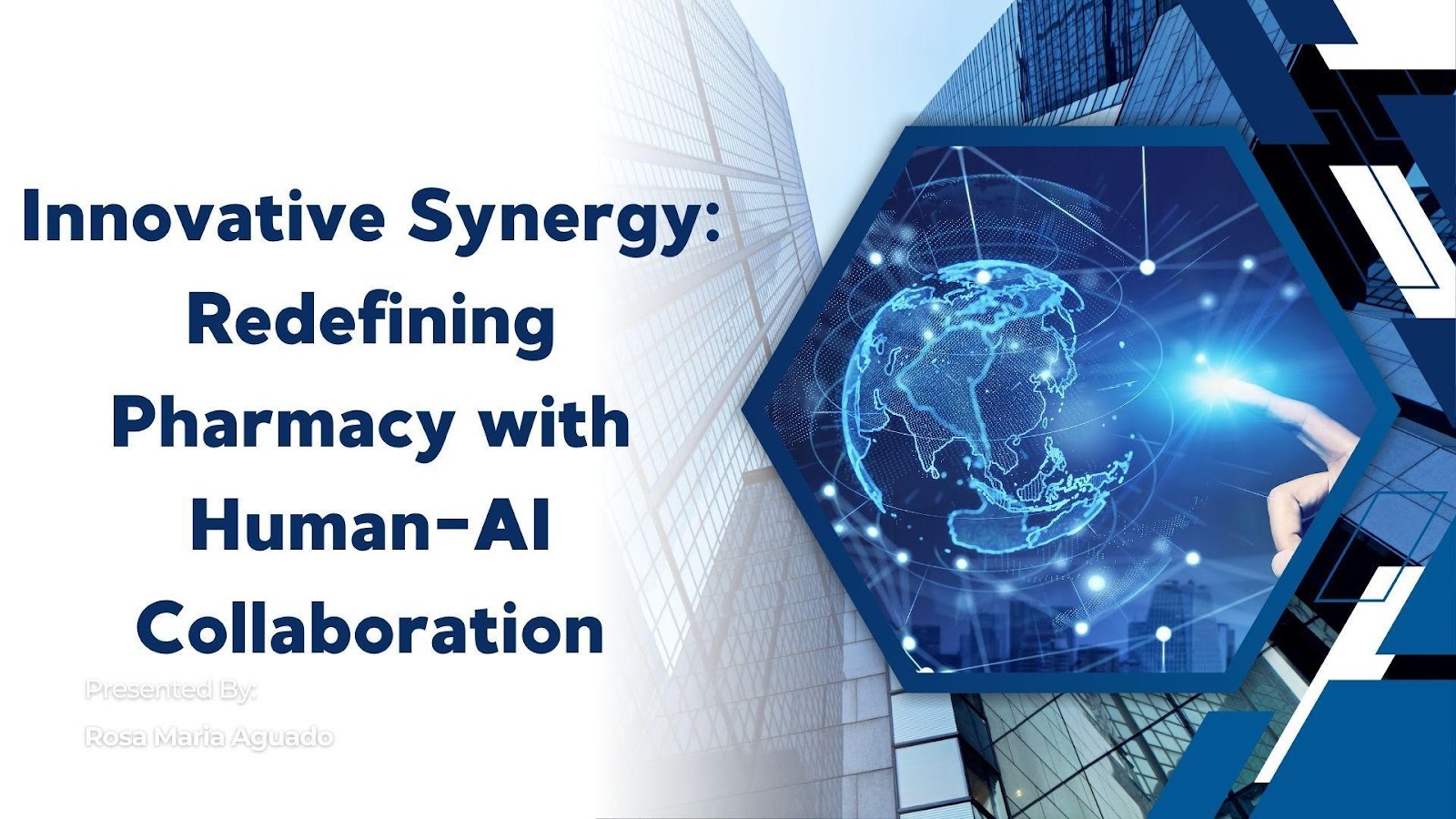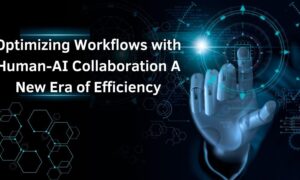In today’s fast-evolving healthcare landscape, technological advancements are reshaping how medication management is delivered. Intelligent systems now work in tandem with human expertise, ushering in a new era where artificial intelligence (AI) enhances the decision-making capabilities of pharmacists. Renowned researcher Ram Mohan Reddy Pothula has contributed insights into this transformative approach.This article draws on recent innovations that fuse computational power with the nuanced understanding of clinical judgment.
The Dawn of Intelligent Pharmacy Systems
Pharmacy operations are no longer solely reliant on traditional methods. Modern innovations have introduced decision support systems that process vast volumes of data to identify potential medication errors and safety concerns. These systems leverage machine learning to sift through extensive drug information, enabling a more proactive approach to patient care. The result is a model where technology aids in recognizing patterns and anomalies that might otherwise escape manual review, ensuring that pharmacists can focus on the critical aspects of patient counseling and care.
Redefining Decision Support
At the heart of this innovation lies the integration of AI into clinical decision support systems. These tools provide real-time recommendations by analyzing historical data and current medication trends. By offering evidence-based insights, they empower pharmacists to make more informed decisions. The improved accuracy in detecting potential issues not only boosts confidence but also streamlines workflows by filtering out redundant alerts. This balance between automated computation and human oversight has redefined the pharmacist’s role, positioning them as critical arbiters in an increasingly digital environment.
Predictive Analytics: A Proactive Approach
One of the most significant breakthroughs in modern pharmacy practice is the application of predictive analytics. Advanced algorithms now assess patient data to forecast potential adverse drug events and non-adherence issues before they manifest clinically. This anticipatory capability marks a substantial departure from traditional reactive models. By identifying high-risk scenarios in advance, pharmacists can intervene proactively, adjusting medication regimens and implementing targeted strategies that enhance patient safety and therapeutic outcomes. This shift not only improves individual patient care but also contributes to overall healthcare system efficiency by reducing emergency interventions.
Navigating Implementation and Ethical Challenges
Despite the promise of these innovations, several challenges remain in the seamless integration of AI into pharmacy systems. Technical hurdles, such as interoperability with existing health information systems, require careful consideration to avoid workflow disruptions. Furthermore, ethical concerns—ranging from data privacy to the potential for algorithmic bias—necessitate robust frameworks to ensure that technology enhances care equitably. By addressing these challenges through phased implementations, comprehensive training, and clear governance protocols, healthcare providers can safeguard patient trust while harnessing the benefits of advanced technology. Transparent practices and regular audits play a pivotal role in maintaining the delicate balance between innovation and ethical responsibility.
Towards a Future of Harmonious Innovation
As AI technologies mature, the pharmacy sector stands at the brink of a paradigm shift. The continuous evolution of decision support systems, predictive analytics, and natural language processing is setting the stage for a more responsive and personalized approach to medication management. These innovations promise to extend the capabilities of healthcare professionals, enabling them to devote more time to direct patient care while ensuring that computational tasks are executed with precision. The future is one where technology and human insight coalesce seamlessly, driving improvements in both clinical outcomes and operational efficiency. The integration of these tools heralds a promising era where innovation supports a more resilient, patient-centered healthcare system.
In conclusion,the advancements in AI-driven pharmacy systems underscore a commitment to enhancing patient safety and operational efficiency. By merging predictive analytics, NLP, and intelligent decision support, these innovations offer a glimpse into a future where technology and human expertise work hand in hand. With thoughtful integration and ethical oversight, the pharmacy landscape is poised to evolve in a way that prioritizes both innovation and the human touch. In conclusion, the insights provided by Ram Mohan Reddy Pothula illustrate that the evolution of human-AI collaboration in pharmacy not only transforms how decisions are made but also enriches the quality of patient care, ensuring that technology serves as a reliable partner in healthcare’s journey toward a balanced and forward-thinking future.



































